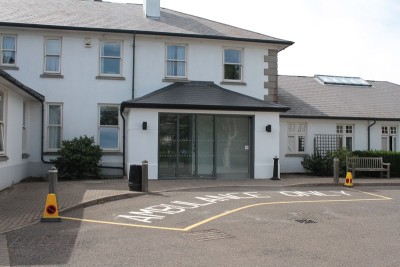England’s Chief Inspector of Hospitals has published a further report rating East Sussex Health Care NHS Trust as inadequate overall and recommends it be placed in special measures. The Care Quality Commission (CQC) report in September 2014 was followed by an inspection in March 2015. Since that time insufficient improvement has been achieved, and an “improvement director” has been appointed to assist the trustees and management resolve priority issues.
A number of contributory factors were cited, some requiring immediate redress and others, longer term improvement. There were reports of systemic defects in management culture, resulting in staff harassment amounting to bullying by team leaders and consultants. This latter not only affects recruitment and retention of staff, but has also led to excessive engagement of agency doctors and nurses, with consequent impact upon staffing costs. But staff shortages are common across the NHS, and have not been helped by increased controls on migrant workers.
One example of ineffective resource allocation apparently is the use of “winter-beds” during the summer months, resulting from an inability to discharge patients from hospital without the necessary reception arrangements in place for out-care staff, or the availability of nursing homes. However, “winter beds” have only become necessary in the first place because of increased demand from a growing and ageing population, which has not been met outside hospitals by local councils facing more and more cuts.
The Conquest is one of several hospitals in the South East region to receive similar CQC “inadequate” ratings, others being Eastbourne General Hospital, Medway NHS Foundation Trust and East Kent Hospitals University NHS Trust. Indeed, it is common knowledge that the whole NHS is struggling to keep up with increasing healthcare demands with limited and proportionately decreasing resources.
East Sussex has the disadvantage of poor east-west highway communications, which add substantially to costs. This has encouraged the call for what are termed Neighbourhood Units in the community. Barry Nealon, chair of the Rye Memorial Hospital and a non-executive board member of the East Sussex Health Care Trust, is leading moves towards devolving certain clinical and Accident and Emergency facilities to Rye, and also seeking to establish a residential care home. Discussions and negotiations are also apparently in progress involving other local care providers such as St Michael’s Hospice (recently badly affected by a fire) and ARRCC (Activities, Respite, Rehabilitation, Care Centres).
The CQC’s action in using “Special Measures” powers may be seen by some as reflecting the government’s intention to safeguard and improve the NHS. Cynics might suggest that it is justification for further privatisation and out-sourcing of services. If one outcome is greater local devolvement of key services into the community, then maybe many residents of Rye and District will have cause for rejoicing.
Photo: Ray Prewer
Image Credits: Rye News library .



